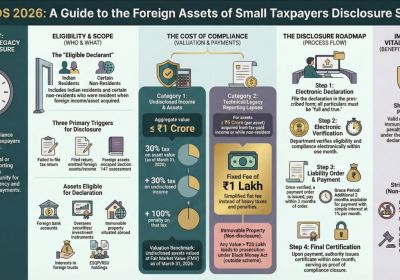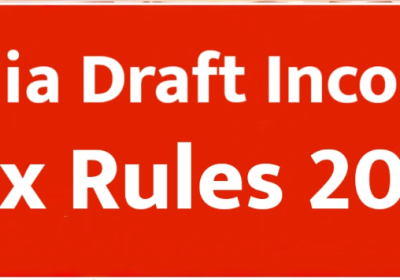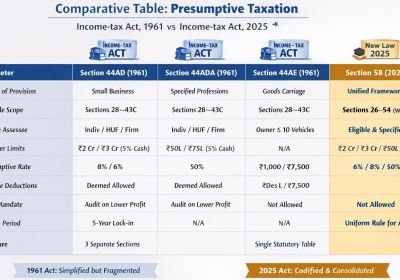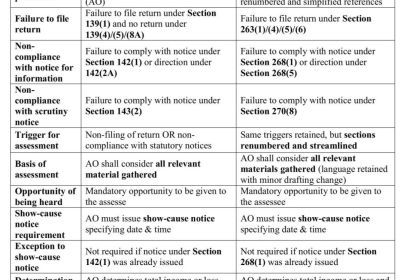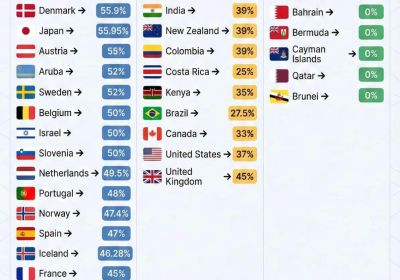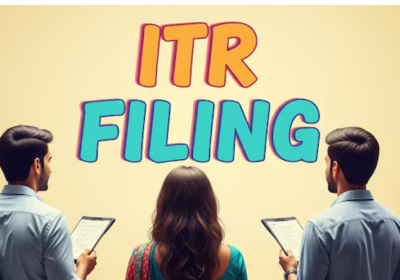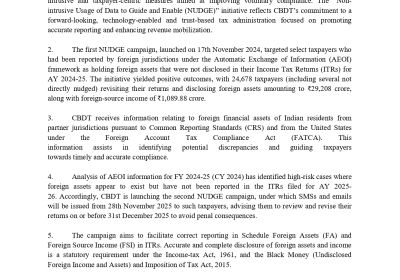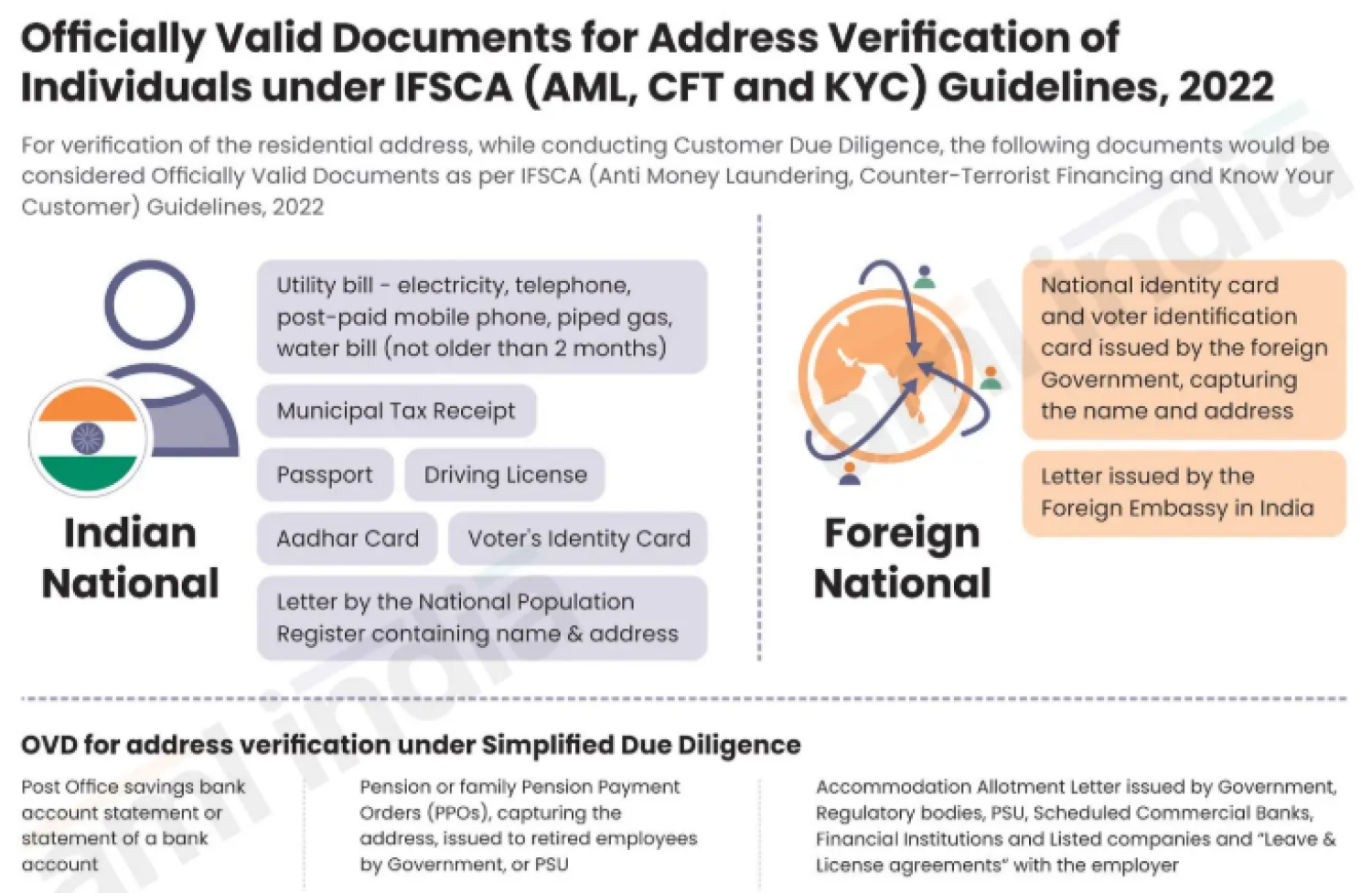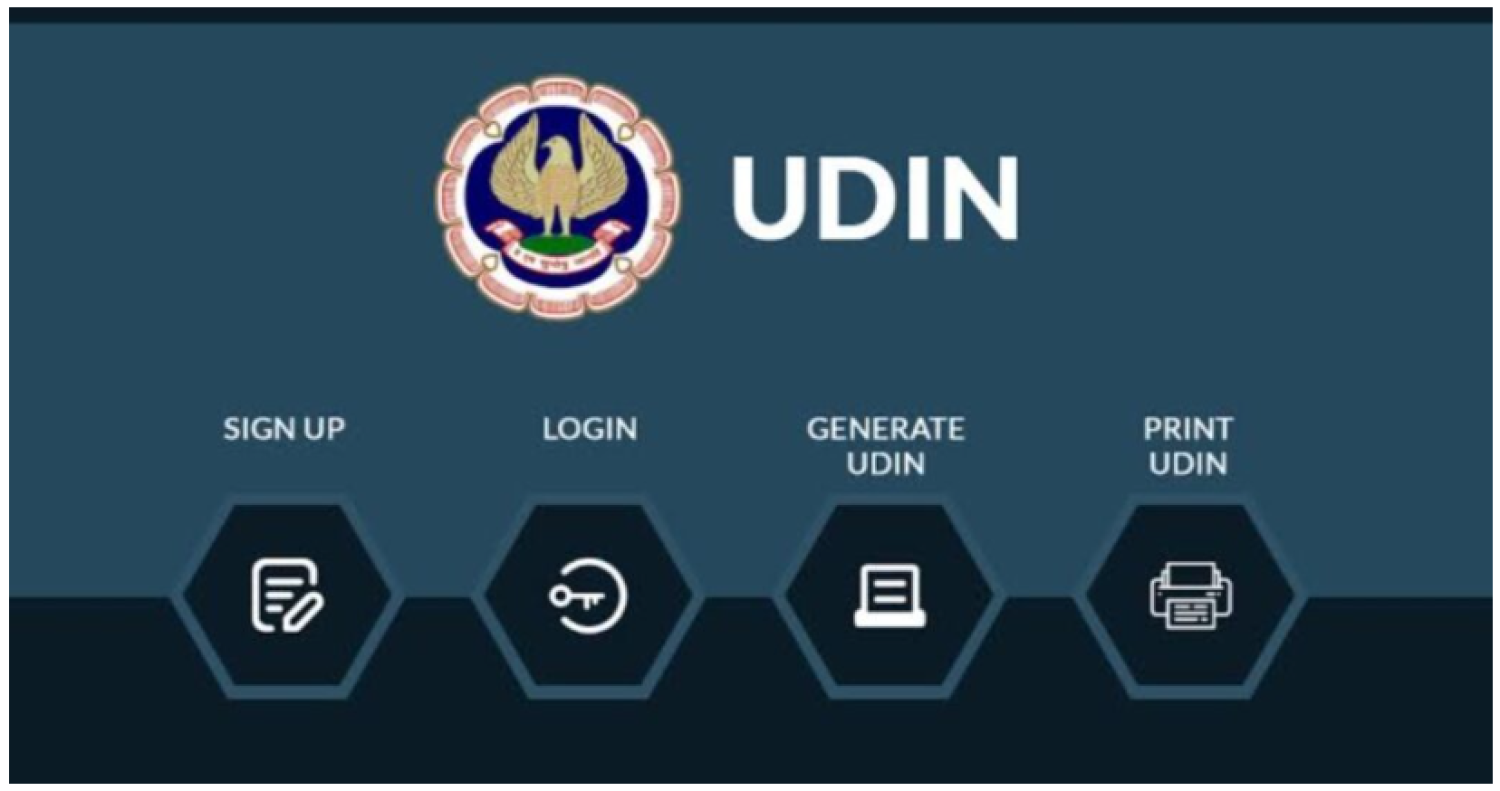Table of Contents
- Taxability Of Reimbursement Of Medical Treatment By The Employer
- Documentation Required For Medical Treatment For Specified Diseases Or Ailments
- Advantages To Hospitals Registered Under Section 17(2):
- Facilitating Tax-free Reimbursements
- Tax Benefits For Medical Expenses
- Practical Implications And Planning
- Faqs On Medical Reimbursement.
- Question : What Should Employees Do To Optimize Tax Benefits?
- Question : Can Medical Expenditures Be Claimed Under Other Sections?
- Question : Is Medical Reimbursement Still Tax-free?
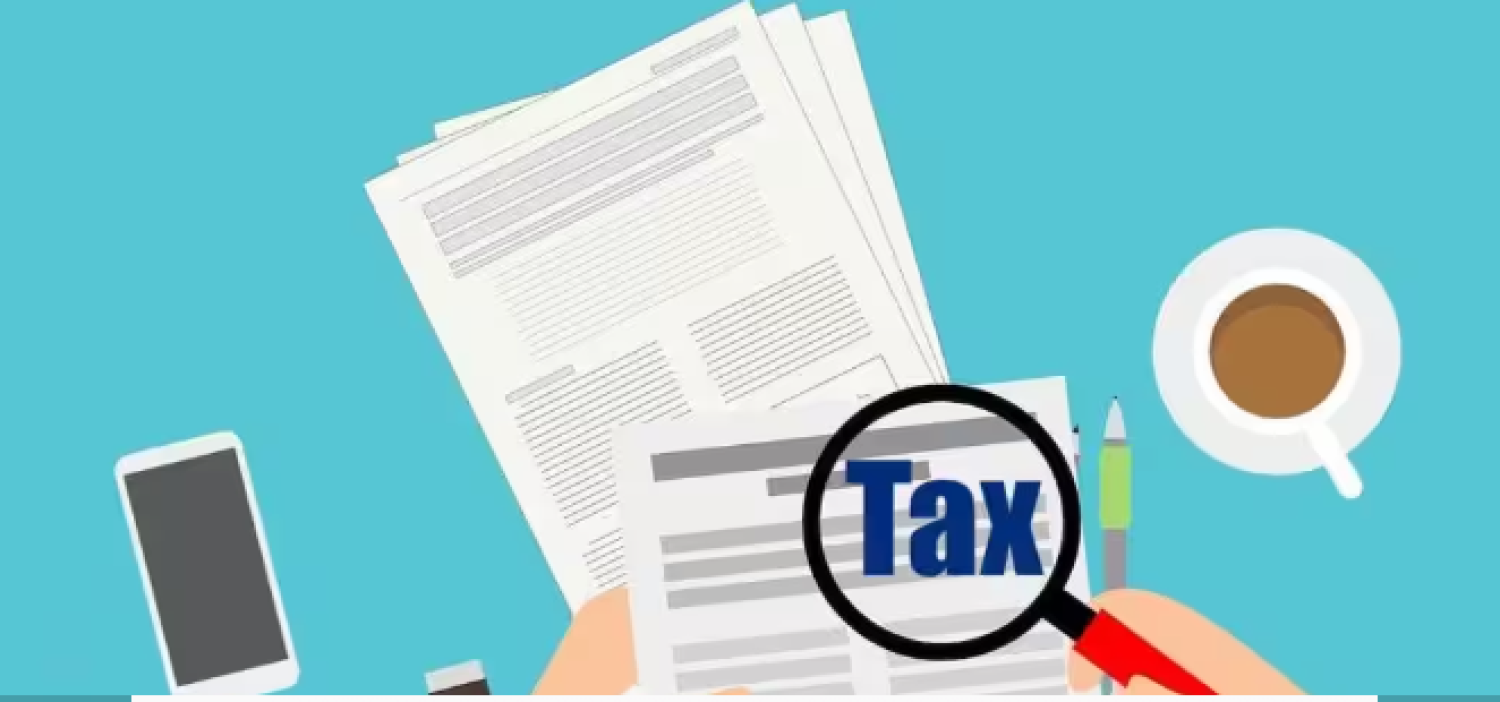
Taxability of Reimbursement of Medical Treatment by the Employer
With Reference to Section 17(2) of the Income-tax Act, 1961, the reimbursement of medical expenses by an employer to an employee can, under certain conditions, be excluded from being considered a taxable perquisite. Here’s a detailed explanation based on the provided information:
Section 17(2) on Perquisites : Section 17(2) of the Income-tax Act outlines what constitutes a perquisite and is thus taxable in the hands of the employee. However, there are exceptions under this section where the value of the benefit provided by the employer is not taxable.
Exemption for Medical Reimbursement: Specific Provision (ii)b: Medical Treatment for Specified Diseases or Ailments: Any sum paid by the employer for the medical treatment of the employee or any member of the employee’s family for specified diseases or ailments in a hospital approved by the Principal Chief Commissioner or Chief Commissioner is not treated as a taxable perquisite.
Conditions to be Satisfied:
- The expenditure must be actually incurred by the employee.
- Treatment must be for specified diseases or ailments as prescribed.
- The treatment must be in a hospital that is approved by the designated tax authorities.
Documentation Required for Medical Treatment for Specified Diseases or Ailments
- The employee must attach the following documents with their return of income:
- A certificate from the hospital specifying the disease or ailment for which medical treatment was required.
- The receipt for the amount paid to the hospital.
· By providing these documents, the employee can substantiate that the reimbursement is for a specified medical treatment and thus ensure it is not treated as a taxable perquisite.
Advantages to Hospitals Registered under Section 17(2):
- Issuing Certificates for Specified Medical Expenses : Hospitals that are registered under Section 17(2) can issue certificates for expenses incurred by employees on specified diseases or ailments. This certification is essential for employees to claim the tax exemption on medical reimbursements.
Facilitating Tax-Free Reimbursements
- The certificates issued by these registered hospitals enable employees to receive reimbursement amounts from their employers without the reimbursements being treated as taxable perquisites. Consequently, the employee benefits from additional financial support for medical expenses without an additional tax burden.
- Medical reimbursements by an employer for specified diseases or ailments treated in approved hospitals are not taxable perquisites under Section 17(2) of the Income-tax Act, provided the necessary conditions and documentation requirements are met. Hospitals registered under this section play a crucial role by providing the necessary certification, allowing employees to benefit from these tax exemptions.
Current Scenario on medical reimbursement.
- Standard Deduction: Employees now receive a standard deduction of Rs 50,000, which simplifies tax filing by replacing specific exemptions for medical reimbursement and transport allowance.
- Medical Reimbursement Taxability: Any medical reimbursement provided by the employer is now fully taxable.
Tax Benefits for Medical Expenses
- While the specific tax exemption for medical reimbursements has been removed, employees can still claim deductions for medical expenses under other sections of the Income-tax Act:
- Deduction for premiums paid on health insurance policies. This includes: Premiums for policies covering the taxpayer, spouse, children, and parents. Additional deductions for policies covering senior citizens.
- Deduction for medical expenses incurred for specified diseases or ailments. This applies to expenses for treatment of diseases specified by the tax authorities.
Practical Implications and Planning
- Employees should leverage the standard deduction and consider health insurance policies to maximize their tax benefits.
- Although specific medical reimbursements are no longer exempt, maintaining records of medical expenses is crucial for claiming deductions under Sections 80D and 80DDB.
- Employers may still provide medical reimbursements as part of the compensation package, but employees need to account for these as taxable income.
FAQs on medical reimbursement.
Question : What should employees do to optimize tax benefits?
- Employees should use the standard deduction and claim relevant deductions under Sections 80D and 80DDB for medical-related expenses.
- This shift from specific exemptions to a standard deduction aims to simplify the tax system, but employees must stay informed about the available deductions to optimize their tax benefits.
Question : Can medical expenditures be claimed under other sections?
- Yes, medical insurance premiums and expenses for specified diseases can be claimed under Sections 80D and 80DDB, respectively.
Question : Is medical reimbursement still tax-free?
No, since FY 2018-19, medical reimbursements are fully taxable, and the benefit has been replaced by a standard deduction.

